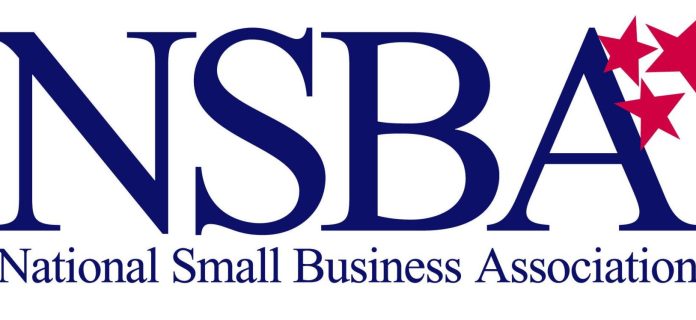HUNTSVILLE — The National Small Business Association is applauding a recent ruling declaring the Corporate Transparency Act to be unconstitutional. U.S. District Court Judge Liles Burke of the Northern District of Alabama handed down the decision involving Huntsville businessman Isaac Winkles.
“The ruling by Judge Liles Burke to strike down the CTA is a victory for law-abiding small-business owners everywhere who would have been forced to disclose their sensitive personal information to a government database,” the NSBA said in a news release.
“The CTA has from the very beginning been poor policy that unfairly targets America’s small businesses,” said Todd McCracken, president and CEO of NSBA. “This ruling justifies the concerns of millions of American businesses about how the CTA is not only a bureaucratic overreach, but a Constitutional infringement.”
The challenge to the CTA began in 2022 when the NSBA and Huntsville business owner Isaac Winkles brought their case before the District Court.
While the case was being considered in court, the U.S. Treasury Department’s implementation of the CTA has fallen short of expectations – millions of small-business owners still do not know about the requirements of the CTA, the release said. The database is ripe for data security issues and confusion which could saddle small-business owners with hefty penalties or even jail time.
A Treasury spokesperson told the Associated Press, “Congress overwhelmingly voted to enact the bipartisan Corporate Transparency Act in 2021 to crack down on illicit shell companies and combat financial crime. We are complying with the Court’s injunction” and referred The Associated Press to the Justice Department for further inquiries.
The CTA is an anti-money-laundering law enacted as part of the National Defense Authorization Act for fiscal year 2021. The Associated Press said the legal challenge points to the friction between maintaining privacy rights and the government’s effort to uncover sources of criminal activity, especially as the U.S. has attempted to sanction Russian oligarchs and wealthy friends of Russian President Vladimir Putin following the start of his invasion of Ukraine.
“As the court noted, the ultimate goals of the CTA, countering money laundering and terrorism financing are laudable,” said John Neiman, counsel for the NSBA and Winkles. “But as the court also noted, the Constitution sets limits on what Congress can do to achieve even the most laudable of goals, and Congress violated those limits here. Congress can find a way to achieve these goals without exceeding the limits on its powers under the Constitution.”
Burke ruled the law is unconstitutional on the grounds that Congress exceeded its powers in enacting the law — and so the rulemaking stemming from it is unlawful.
“The judge’s decision is an opportunity for Congress to go back to the drawing board and find a solution that will truly protect Americans from bad actors,” said McCracken. “The CTA simply will not accomplish the goal of stemming money-laundering – what it does is overstep the bounds of privacy, the law, and common sense at the expense of America’s small businesses.”
In an email to the Associated Press, Ian Gary, executive director of the FACT Coalition, a nonprofit that promotes corporate transparency, said “this is a pro-crime, pro-drug cartel, pro-fentanyl ruling which undermines the rule of law and allows criminals to use anonymous shell companies to hide their dirty money from law enforcement.”
Don’t miss out! Subscribe to our email newsletter to have all our smart stories delivered to your inbox.



